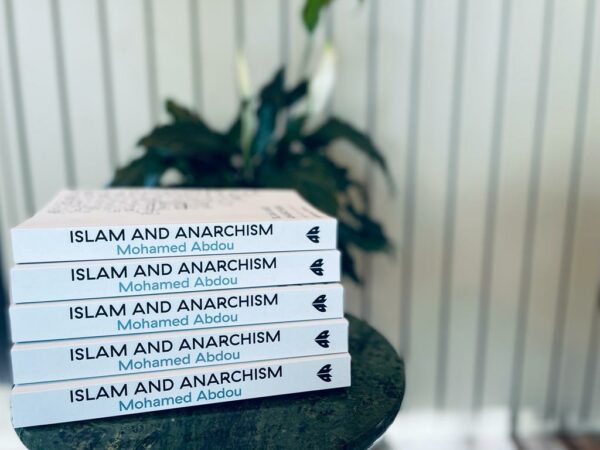Mohamed Abdou
Dr. Mohamed Abdou is a Postdoctoral Fellow at Cornell University’s Einaudi Center’s Racial Justice Program and is an interdisciplinary Assistant Professor of Sociology at the American University of Cairo. He is author of Islam and Anarchism: Relationships and Resonances (Pluto Press, 2022). He wrote his transnational ethnographic and historical-archival Ph.D. on Islam & Queer-Muslims: Identity & Sexuality in the Contemporary. Drawing on his involvement with horizontal social movements centered on BIPOC and Palestinian liberation his research stems from his involvement with the anti-Globalization Seattle 1999 movements, the Tyendinaga Mohawks and the sister territories of Kahnawake, Akwesasne, and Kanehsatake, during the standoff over the Culbertson Tract, as well as the anti-War protests of Iraq and Afghanistan, the Indigenous Zapatista movement in Chiapas, and the 2011 Egyptian uprisings.
His email is [email protected]
His Twitter handle is minuetinGmajor.
